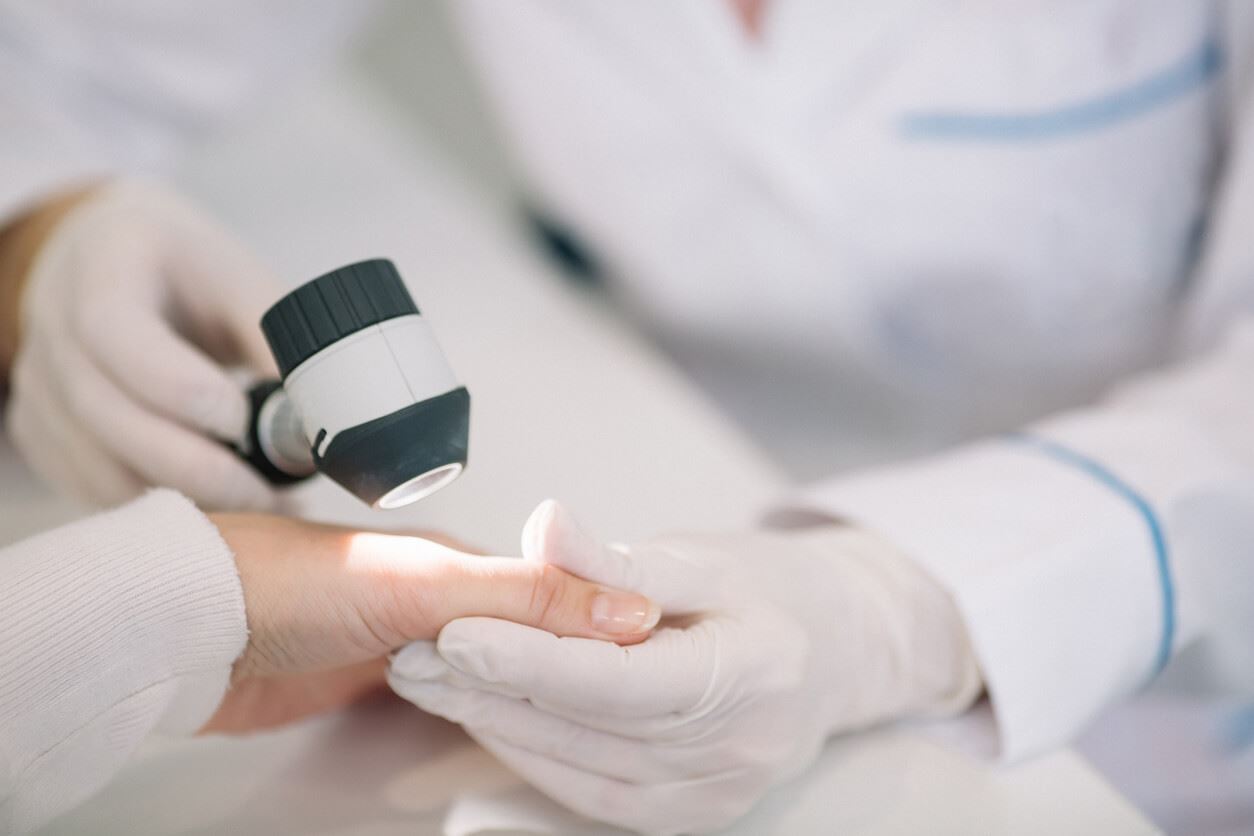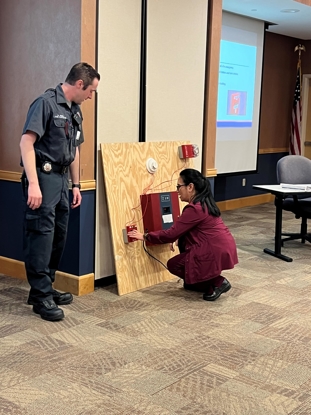Most Common Signs of Sun Damage
- Category: Cancer, Oncology, Skin Cancer
- Posted On:
- Written By: Parrish Healthcare

Our skin contains a natural pigment called melanin, which gives our skin its color. When your skin is exposed to the sun, the melanin reacts to the UV rays by the darkening of the skin as a way to protect it. However, this doesn’t mean that relying on the melanin in your skin is enough to protect yourself against sun damage.
The more exposure to harmful UV rays, the more sun damage on your skin as well as increasing your risk of skin cancer. It’s important to know the common signs of sun damage to better protect your skin and detect early signs of skin cancer.
Age Spots/Moles
Also known as sun spots or liver spots, these dark, discolored areas can be found anywhere on the body. It’s essential to keep an eye on these age spots or moles to ensure they are not a sign of skin cancer. Conduct self-examinations periodically by using the ABCDEs of skin cancer. If you notice any of the changes noted below, contact your doctor for a professional examination.
- Asymmetry: One side of a mole or birthmark does not match the other side.
- Border: Irregular or scalloped borders.
- Color: Colors vary and may have shades of tan, brown, and black or sometimes white, red, pink, or blue.
- Diameter: The spot is larger than 6mm (the size of a pencil eraser). However, sometimes, it can be smaller.
- Evolving: The mole or skin lesion is suddenly changing size, shape, and/or color.
A Tan
There’s no such thing as a healthy tan. The process of tanning your skin involves the body’s response to absorbing harmful UV radiation. Even though you may apply sunscreen, which is one of the best ways to protect your skin, your skin can still be susceptible to sun damage. The best way to prevent your skin from tanning is to stay entirely out of the sun, especially during the peak hours of 10 a.m. and 4 p.m.
Fine Lines and Wrinkles
Aging is a factor when it comes to fine lines and wrinkles, but excessively tanning and exposing your skin to the sun only accelerates the process. When heading outside, even on overcast or cloudy days, be sure to apply sunscreen from head to toe.
Limiting your exposure to the sun is critical to prevent sun damage and skin cancer. For more information about how we can assist you or a loved one with care and treatment for skin cancer, contact The Brevard Skin & Cancer Center today at 321-267-3376. Our caring oncologists are here to guide you every step of the way.



